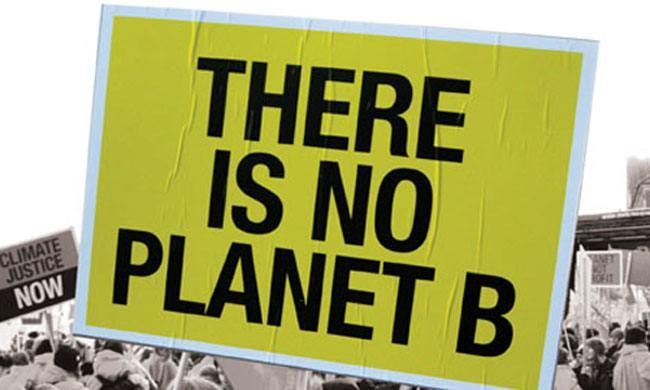
Sustainable Business Has Changed the Way I Live
Humans today have a high demand for natural resources due to the technologies they rely on to keep their lives running smoothly. This leads to a greater need for sustainable practices by people, businesses, and governments alike–not only to keep up with the increasing demands but also to preserve the one planet we have.
Sustainable practices can be easily implemented if companies are willing to care more about the environment than they do about their bottom line. I believe that if companies are willing to focus on sustainability, then soon enough we will be able to provide enough food, water, clothing and shelter for the planet.
Goals of Sustainable Development
As a student, I have learned the ambitious goals of sustainability. They include decreasing pollution, promoting economic growth, increasing the number of jobs, improving the quality of healthcare, creating a better standard for education, and ending poverty and world hunger.
In order for these goals to be achieved it is important for everyone to get on board with sustainable practices. Let’s take a look at some businesses that are leading the way.
Businesses Leading By Example
As a student taking courses on sustainable business and corporate practices, I now have a new perspective on the way I live my life and its impact on the planet. Through my studies, I have learned about new trends affecting climate change, technology, and the economy that are reshaping how businesses conduct themselves.
Nest Bedding, in this article written by Forbes, discusses why it is important to them to go the sustainable route. Joe Alexander, their CEO, states, “Your mattress and bedding are something you are in close contact with and should not be full of chemicals.”
Joe is looking out for the consumer here, but the principle is universal. People, businesses, as well as governments should be focusing on the healthiest, sustainable options to promote wellbeing—not only for humans but for the planet as well.
Then there is the global destination store Ikea. With close to 150,000 employees, you would think they’d have trouble being sustainable, but you’d be wrong.
Ikea sources “close to 50 per cent of its wood from sustainable foresters and 100 per cent of its cotton from farms that meet the Better Cotton Standards, which mandate reduced user of water, energy and chemical fertilizers and pesticides” and “has more than 700,000 solar panels powering its stores.”
If They Can, So Can I
This is something that really inspires me to do more. I plan to become more environmentally-friendly by decreasing my carbon footprint and waste. After all, if a company with thousands of employees can do it, I can too.
Personally, I feel it’s important to analyze my waste habits. Things like paying attention to how much plastic I’m buying at the grocery store, or choosing a restaurant that doesn’t always provide takeout boxes the next time I look for Japanese food nearby, goes a long way in keeping sustainability top of mind.
Getting Everyone Involved
I’ve come to realize I didn’t even notice how much I was throwing away until I started to learn more about sustainability. I think the biggest reason I was unaware is that there isn’t a lot of conversation regarding changing personal waste habits.
I believe that in order for us to get everyone involved, we need to continue to push the conversations that involve the people, companies, or governments that are doing the most for our planet.
Here is another example of a company paving the way for the future of our planet’s health and inspiring others to follow suit.
What is Zero Waste?
To put it simply, zero waste is when you send nothing to the landfill. A company creates their products and uses every bit of their materials in the process.
Zero waste seems more like a fantasy than a reality, but many companies have developed programs and policies for the by-products that would normally be disposed of.
Subaru
Cars largely contribute to our country’s carbon footprint. They require a lot of energy, even before someone drives one on the road.
Automotive production requires large quantities of materials like rubber, glass, steel, and plastics to create a vehicle that will eventually consume fossil fuels and other energy sources. Luckily, many companies like Subaru have taken huge steps to ensure they are efficient with their resources.
Although they don’t have any electric cars and only have one hybrid on the market, Subaru’s plant in Lafayette hasn’t sent anything to the landfill in over 10 years. 100% of their waste is either turned into electricity or recycled.
The Future Looks Green
Their efforts have inspired me to eliminate waste and to keep in mind that purchasing a car is a not just financial responsibility, but also an environmental one. I now realize there are many options that I have to reduce waste and improve sustainability in my life.
My goal going forward is to continue the conversation so that others may become more aware of the importance of sustainability as well as focus on my personal waste habits to try to be as close to zero waste as possible. I believe that with all hands in, this world can be sustainable in no-time.
 WhosGreenOnline.com Your Online Magazine and Directory for Green Business, Product, Service and News!
WhosGreenOnline.com Your Online Magazine and Directory for Green Business, Product, Service and News!





